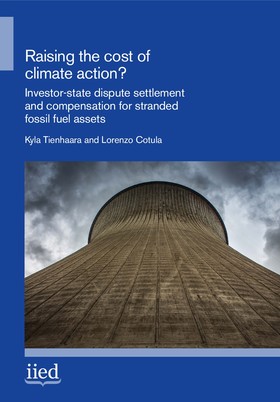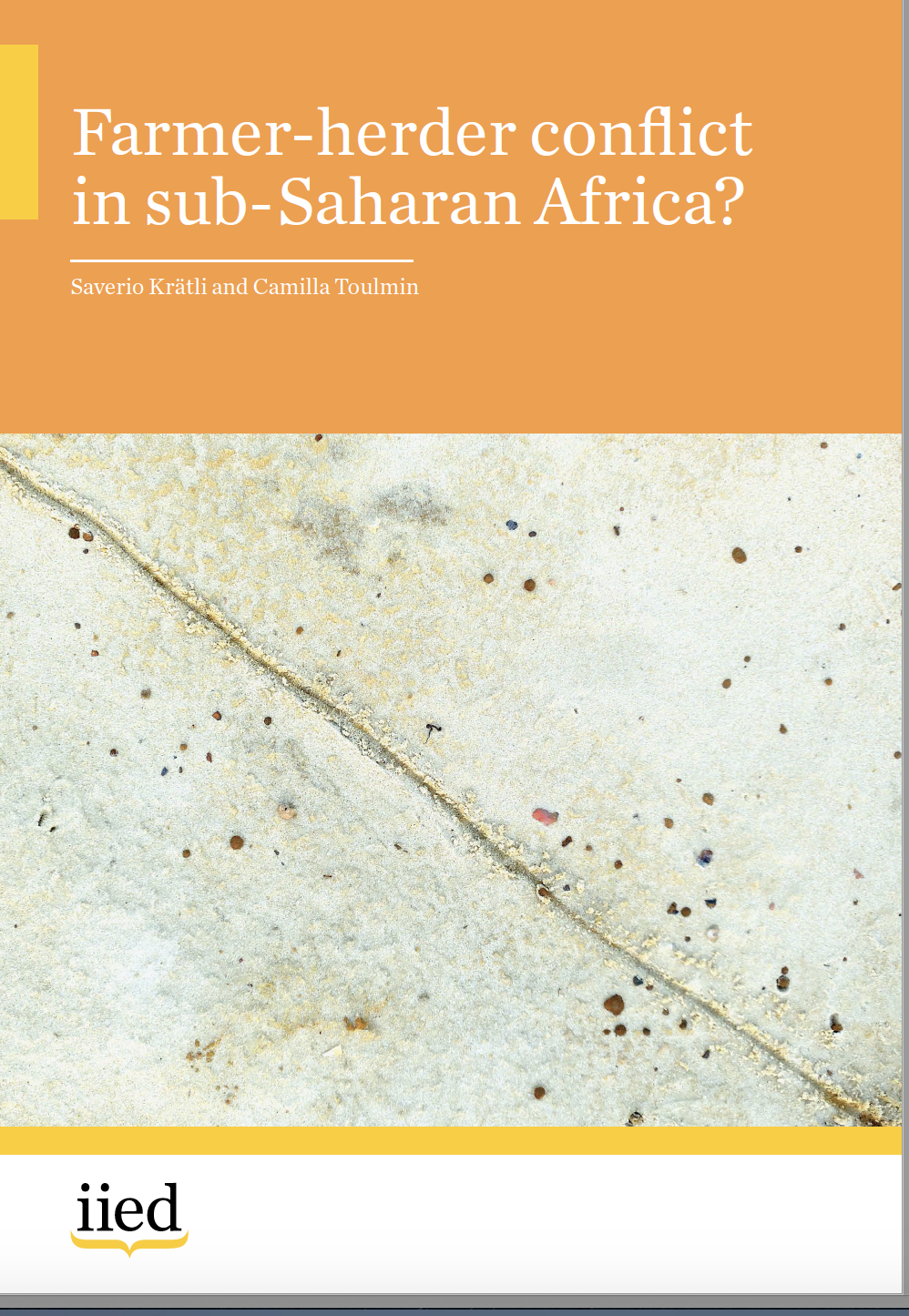Focal point
Location
Mission
Our mission is to build a fairer, more sustainable world, using evidence, action and influence in partnership with others.
Who we are
IIED is one of the world’s most influential international development and environment policy research organisations. Founded in 1971 by economist Barbara Ward, who forged the concept and cause of sustainable development, we work with partners on five continents. We build bridges between policy and practice, rich and poor communities, the government and private sector, and across diverse interest groups. We contribute to many international policy processes and frameworks, including the Intergovernmental Panel on Climate Change, the Millennium Ecosystem Assessment and the UN conventions on climate change and biological diversity.
What we do
IIED carries out research, advice and advocacy work. We carry out action research — generating robust evidence and know-how that is informed by a practical perspective acquired through hands-on research with grassroots partners — and we publish in journals and maintain high research standards. We advise government, business and development agencies, and we argue for changes in public policy. We focus on bottom-up solutions, stay open to flexible, adaptable solutions and are marked by a tradition of challenging conventional wisdom through original thinking.
Resources
Displaying 36 - 40 of 367What happens when the landgrabbers leave? An account from Kilwa;Tanzania
Covers: land law revision; President starts land law consultation – with battle over privatisation expected; contradictions put a progressive land law under pressure. By 2018 the Norwegian company Green Resourcesland grab had given it 369,000 ha in Mozambique;which it finally admits it cannot handle and now proposes to give most of it back to the communities it was taken from. A consultation on the revision of the 25-year-old land law was launched by President Filipe Nyusi on 16 July 2020 but it will be controversial.
How collective action can influence the direction of a land reform. Lessons learned from civil society mobilisation in Senegal
A study commissioned by IIED. With less than 20 percent of landholdings in Uganda currently registered;land governance is at the forefront of a profound change as customary land is demarcated and registered. A key challenge is to ensure the equitability of this process involving gender and social equality;the protection of the poor and vulnerable comprising children and the disabled;and the environment.
Raising the cost of climate action? Investor-state dispute settlement and compensation for stranded fossil fuel assets
Global efforts to combat climate change will require a transition to renewable energy and government action to reduce reliance on fossil fuels such as coal, oil and gas. If followed through, such action will create stranded assets – in other words, economic assets affected by premature write-downs or downward revaluations, or converted to liabilities.
Blog series probes principles: what works for women’s land rights?
Land reform is a political necessity in South Africa;but since 1994 it has encountered many difficulties and progress has been slow. Elites have captured many of the benefits. A recent CBPEP study chaired by Ben Cousins focused on the potential contribution of redistributive land reform to employment creation. It breaks new ground.
Farmer-herder conflict in sub-Saharan Africa?
This report responds to heightened concerns over rising levels of farmer-herder conflict across a wide band of semi-arid Africa. We assess the quantitative evidence behind this general impression and review the explanations in the scientific literature, in the light of known issues with long-standing attitudes towards pastoralism and mobile populations. Looking at the data available, we find that total levels of all forms of violence have been rising in the last ten years — especially in some countries in West and Central Africa.






